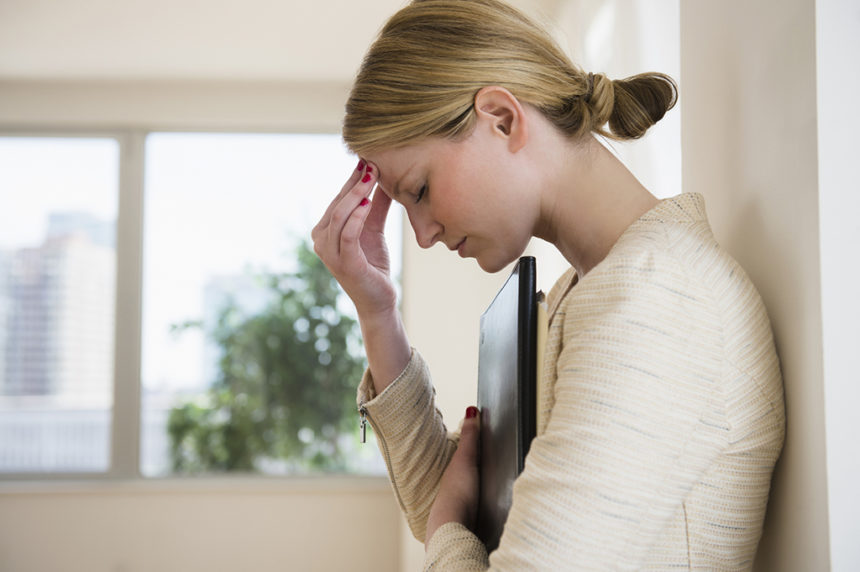Women often struggle to put their health needs first when faced with sociopolitical conditions, social expectations and household responsibilities, according to a study released by the Collage Group this week.
Only 43% of surveyed women reported feeling satisfied with their physical health, and less than one-third said they were happy with their current financial situation. In addition, the report found that women tend to get less regular exercise and sleep than men, with 35% of women saying they exercised regularly compared to 46% of men.
The report also delved into three main factors that make it harder for women to prioritize their healthcare and get the treatment they need.
First, the study pinpoints sociopolitical conditions that create barriers to women’s care, like abortion bans or restrictions. In addition, the gendered financial gap remains, with women making about 83 cents for each dollar men make.
Gender stereotypes, biases and social expectations are the second area that often weigh on women and prevent them from focusing on their own health or getting the care they need.
Lastly, caretaker roles and assuming the majority of household responsibilities unsurprisingly adds additional pressure to women and makes them prioritize others over themselves when it comes to health.
The study also found that women tend to try a variety of “self-care” practices in an attempt to improve their well-being, like drinking enough water, taking supplements or keeping a balanced diet.
Still, women are consistently reporting low levels of satisfaction with their health and well-being, with only 50% of women saying they were satisfied with their emotional health versus 59% of men. Women also ranked lower than men in saying they were satisfied with their physical and financial health.
“Despite taking a proactive and thoughtful approach to their health and well-being, women are generally dissatisfied with their current state of health,” the authors wrote. “Women’s time and energy are spread thin. The expectation to put others first while taking on the bulk of household responsibilities coupled with systemic economic inequality limits their capacity to keep up with their own health and well-being.”
The advertising world still has a ways to go in reaching women when it comes to health — a recent report from WPP and SeeHer found that nearly half of women believe media and advertising shy away from women’s health issues.
The Collage Group report offers several reasons why women may be reporting lower levels of satisfaction compared to men.
First, they may simply have higher expectations — and set a higher bar — for what health looks like. Women in the survey said they believe “being healthy” means being mentally well, free of illness, free of stress and being well-rested. All of these things may be harder to reach when time is stretched thin.
In addition, 54% of women are caretakers in some fashion and 33% care for children with a health condition. Women caretakers, the study found, spend far more time caring for those people than male caretakers, with 48% of women saying their caretaking requires daily work, compared to 42% of men.
The study pinpointed money as the primary reason why women feel they can’t receive the right amount of care they need. However, motivation also plays a role, as feeling overwhelmed with balancing work, household duties and caretaking makes it more difficult for women to stay motivated to consistently take care of themselves.
Collage Group argues that providing women with practical resources can help nudge them in the right direction — including reminders for checkups and annual screenings, tips on how to save money with healthcare, telehealth and information on eating healthy.
In addition, improving women’s trust of healthcare providers can be enhanced through transparent communication — including about “taboo” health topics like aging, birth control or mental health.







